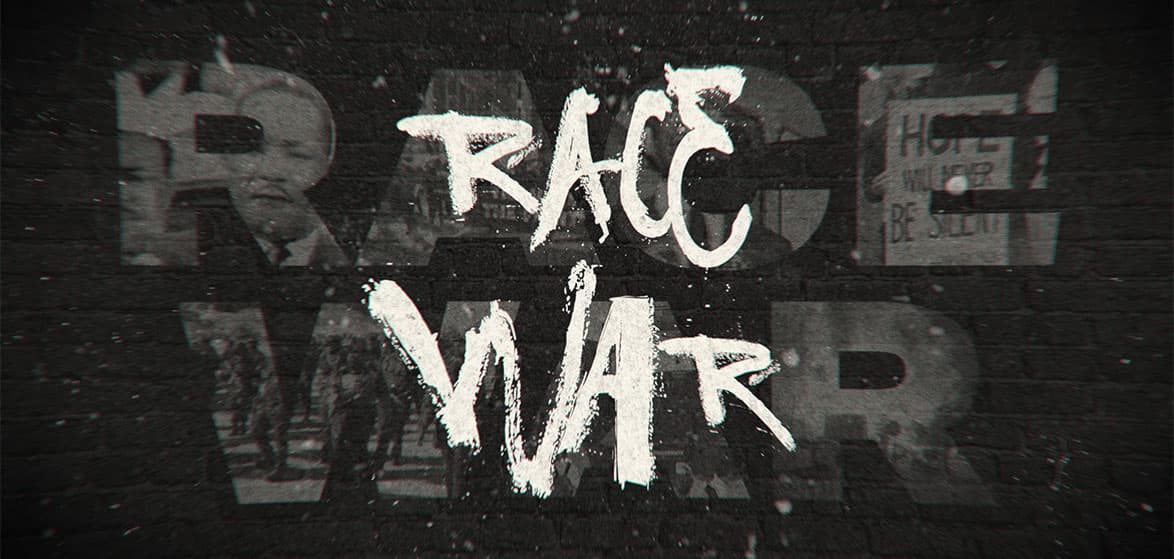
In response to one of the largest education settlements in history, California is set to allocate $2 billion to address learning loss in the state.
The settlement comes after a lawsuit was filed against the state by parents in Los Angeles and Oakland who claim that their children experienced significant learning setbacks as a result of remote learning during the COVID-19 pandemic.
“Between March and June of 2020, neither of my children learned anything in school,” said a Los Angeles parent in the case.
Following the pandemic, the federal government allocated over $190 billion for public schools to address learning loss. However, the plaintiffs of this case argued that California failed to ensure that school districts in the state utilized these funds effectively.
As a result of the court ruling, California is now mandated to allocate $2 billion toward initiatives to combat learning loss, including provisions for tutoring programs aimed at assisting students who have fallen behind academically. The settlement also includes a commitment by the state to propose legislation that will allow funds to be spent on “community organizations with a proven track record of improving student success.” Local education agencies will be required to report on the success of programs to help students who suffered learning loss.
Mark Rosenbaum, who represented the plaintiffs through the non-profit law firm Public Counsel, emphasized the urgency of the settlement, stating, “The urgent vision of this historic settlement is not just to recoup the academic losses suffered by California’s most disadvantaged students, but to erase the opportunity gaps altogether exacerbated by the pandemic.”
The agreement comes in response to numerous reports highlighting the significant educational setbacks experienced by students during and after the COVID-19 pandemic. Last year, ACT college admissions test scores plummeted to their lowest levels in over 30 years, and the Center for Education Statistics reported that math and reading scores among middle schoolers reached their lowest levels since the 1970s.













